Jewish History: Holocaust
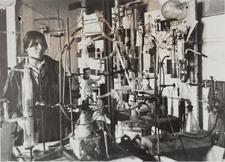
Maria Anna Schirmann
Maria Anna Schirmann, a distinguished Viennese physicist, was unable to escape persecution by the Nazis and immigrate to the United States. Double discrimination against her as a Jew and a woman prevented her from obtaining an American university position and sealed her fate.
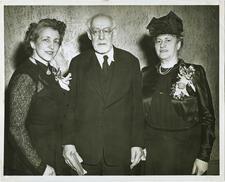
Ottilie Schönewald
Deeply involved in several women’s and Jewish organizations, Ottilie Schönewald was an activist who became a politician to advance her causes. She worked with the League of Jewish Women and helped Jews emigrate from Nazi Germany. After Schönewald and her family fled in 1939, she continued her social work during and after the war.
Regina Schoental
Our knowledge of toxic substances in plants, in fungi, and of aromatic and other chemicals that cause cancer owes much to the pioneering work of Regina Schoental.
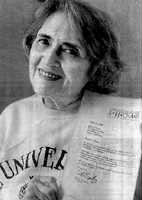
Denise Schorr
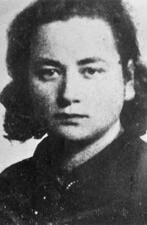
Hela Rufeisen Schüpper
Born to a hasidic family in Krakow, Hela Rufeisen Schüpper joined the Zionist youth movement Akiva against her family’s wishes. When the Germans invaded Poland, Schüpper joined the Jewish resistance against the Nazis, becoming a key courier. She survived Bergen-Belsen and moved to Israel after the war.
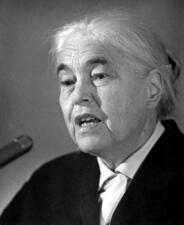
Anna Seghers
Anna Seghers is considered one of the most important German women writers of the twentieth century. Her many novels and stories written during her multiple exiles, including Das siebte Kreuz (1942) adapted into the Hollywood film “The Seventh Cross,” reflect her strong socialist and anti-fascist beliefs, and she remains controversially linked to her later involvement with the East German government.
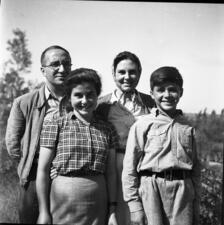
Ada Ascarelli Sereni
Ada Ascarelli Sereni helped thousands of Jews emigrate to Palestine during and after World War II following the death of her husband, a Jewish volunteer for the British army who parachuted into Nazi-occupied Europe.
She'erit ha-Peletah: Women in DP Camps in Germany
Family played an important role in the lives of Holocaust survivors in DP (displaced persons) camps – in 1947, the birth rate in DP camps was one of the highest in the world. Women served as teachers and eager students, and they were active in the effort to open immigration to Palestine.
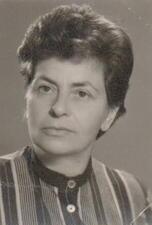
Sarah Shner-Nishmit
Polish author and historian Sarah Shner-Nishmit traveled constantly to evade capture during World War II, working at a labor camp and joining a partisan group. Shner made aliyah in 1947 and subsequently began her writing career, which included children’s books and historical research. She also helped found Kibbutz Lohamei ha-Getta’ot, where she lived until her death.
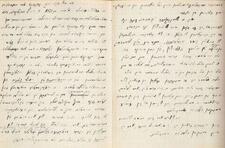
Cecila Slepak
Cecilia Slepak, a journalist and translator, was a member of the Oneg Shabbat group, which was vital in collecting records and interviews about life in the Warsaw Ghetto. She focused in particular on the lives of women in the ghetto as they struggled to survive.
Chava Slucka-Kesten
Chava Slucka-Kesten started teaching in Warsaw before World War II and continued her career through the war in Moscow. After the war she became an author and sustained her political involvement. Writing from the perspective of a politically engaged woman, Slucka-Kesten offers a unique glimpse into pre- and post-war Jewish life in Poland’s cities and villages, as well as into the early years of the State of Israel.
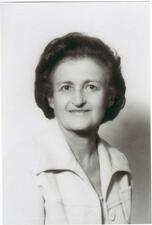
Johanna Spector
Johanna Spector was an influential ethnomusicologist whose writings, recordings, and film projects documented the music of little-studied Jewish communities from around the world. After surviving the Holocaust, Spector earned her doctorate, founded the ethnomusicology department at the Jewish Theological Seminary, established the Society for the Preservation of Samaritan Culture, and served as president of the Asian Music Society.
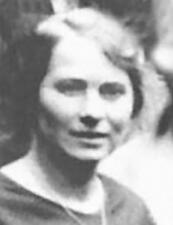
Sabina Spielrein
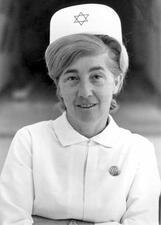
Judith Steiner-Freud
As a Holocaust survivor, Judith Steiner-Freud fulfilled her faithful and influential mission. From the 1940s to the 2010s, she devoted herself to the calling of transforming nursing into an academic profession, raising the status of Israeli nurses, and promoting the welfare of Israeli society and other diverse population groups.
Eva Michaelis Stern
Eva Michaelis Stern was co-founder and director of the fundraising arm of the Youth Aliyah in Germany, and later the director of the Youth Aliyah office in London. Over the course of WWII, she helped more than 1000 children from countries all over Europe immigrate to Palestine.
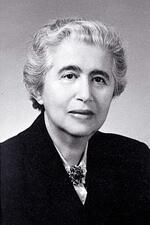
Selma Stern-Taeubler
Originally a historian and researcher in Heidelberg and Berlin, Selma Stern-Taeubler settled at the Hebrew Union College in Cincinatti after fleeing Nazi Germany. She became the first archivist of the American Jewish Archives at the college and later wrote books of fiction and nonfiction. Despite her contributions to Jewish history, American-Jewish academe has largely undervalued Stern-Taeubler’s work, which continued until her death in 1981.
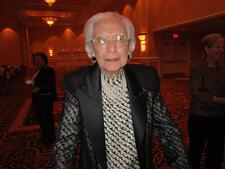
Sara Stone
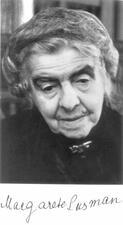
Margarete Susman
Margarete Susman published her first writings, a book of poetry, in 1901 and went on to have a prolific writing career that included plays, books, and journal articles. Susman combined literature and theory, often reflecting seminal texts of modern theory and addressing political issues and women’s rights. Her writings concentrate on the most problematic issues of the modern world: God and human beings, man and woman, Jew and Christian.
Nettie Sutro-Katzenstein
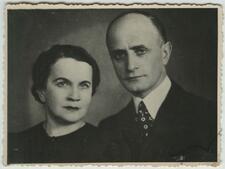
Bela Szapiro
Before World War II, Lublin was one of the largest Jewish communities in Poland. Bela Szapiro’s activities contributed to making it the vibrant cultural and political center of Polish Jewry that it was.
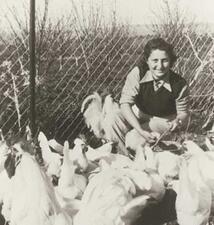
Hannah Szenes (Senesh)
Hannah Szenes has attained legendary status in the pantheon of Zionist history. After immigrating to Israel, Szenes agreed to participate in a military operation as a paratrooper. Hungarian authorities captured her and tortured her, but Szenes refused to talk. She was killed by a firing squad in 1944. Szenes mother published her daughter’s diary, poetry, and plays posthumously.
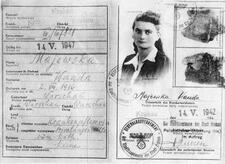
Tema Sznajderman
Tema Sznajderman was a fearless operative in the Jewish resistance to Nazism. She assumed undercover identities to investigate and transfer vital information across borderlines.
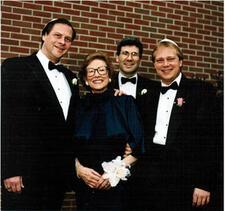
Marillyn Tallman
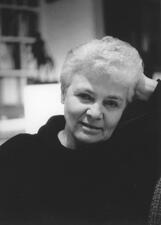
Nechama Tec
Nechama Tec's sociological work, informed by her experience as a Holocaust survivor, addresses the silences and inaccuracies surrounding the Holocaust and reveals untold stories of righteousness and rescue. Her experiences inspired the movie Defiance.
Faige Teitelbaum
When Faige Teitelbaum married Satmar rebbe Rabbi Joel Teitelbaum in 1936, she became the Satmar rebbetzin, in which capacity she was very active in charitable activities. After her husband’s death, she became the only woman in the Hasidic world to function as a de facto rebbe and leader.


